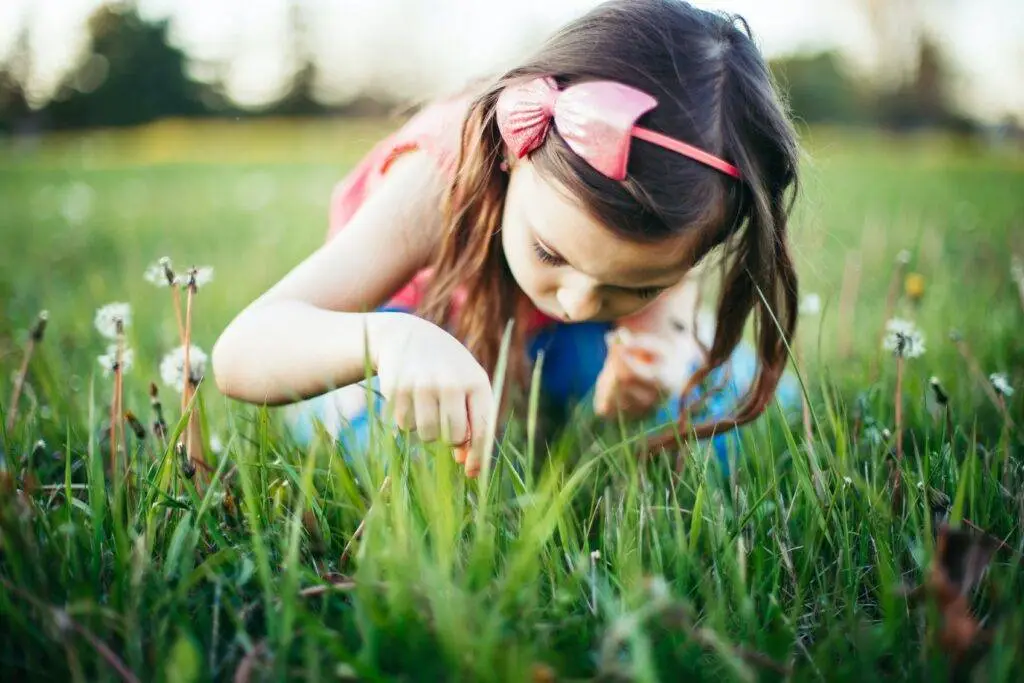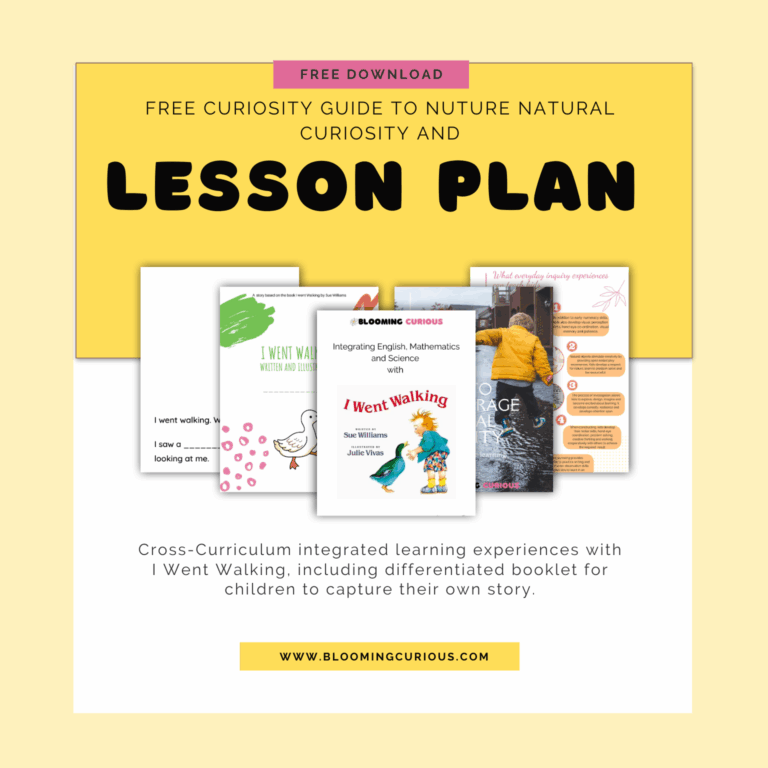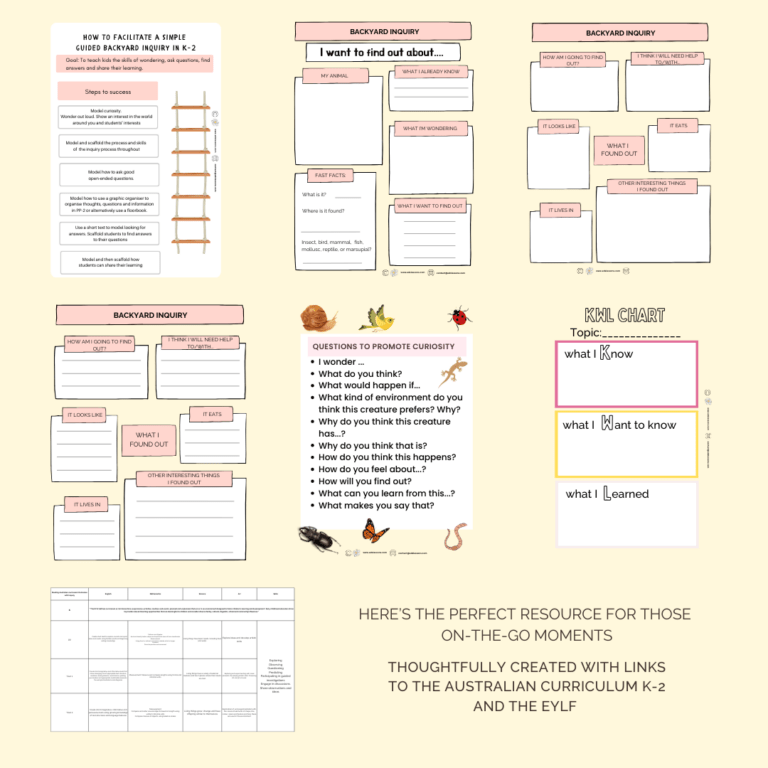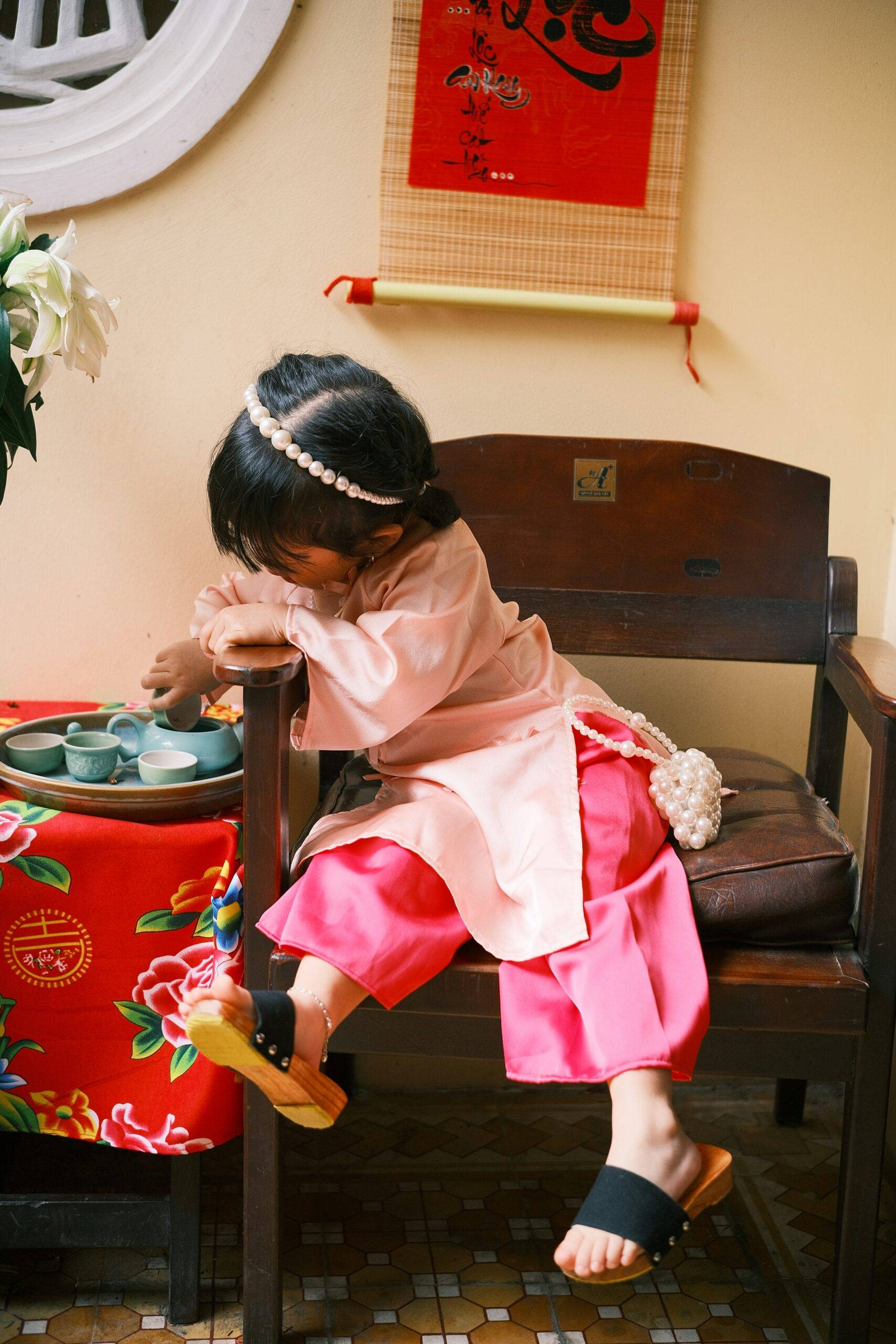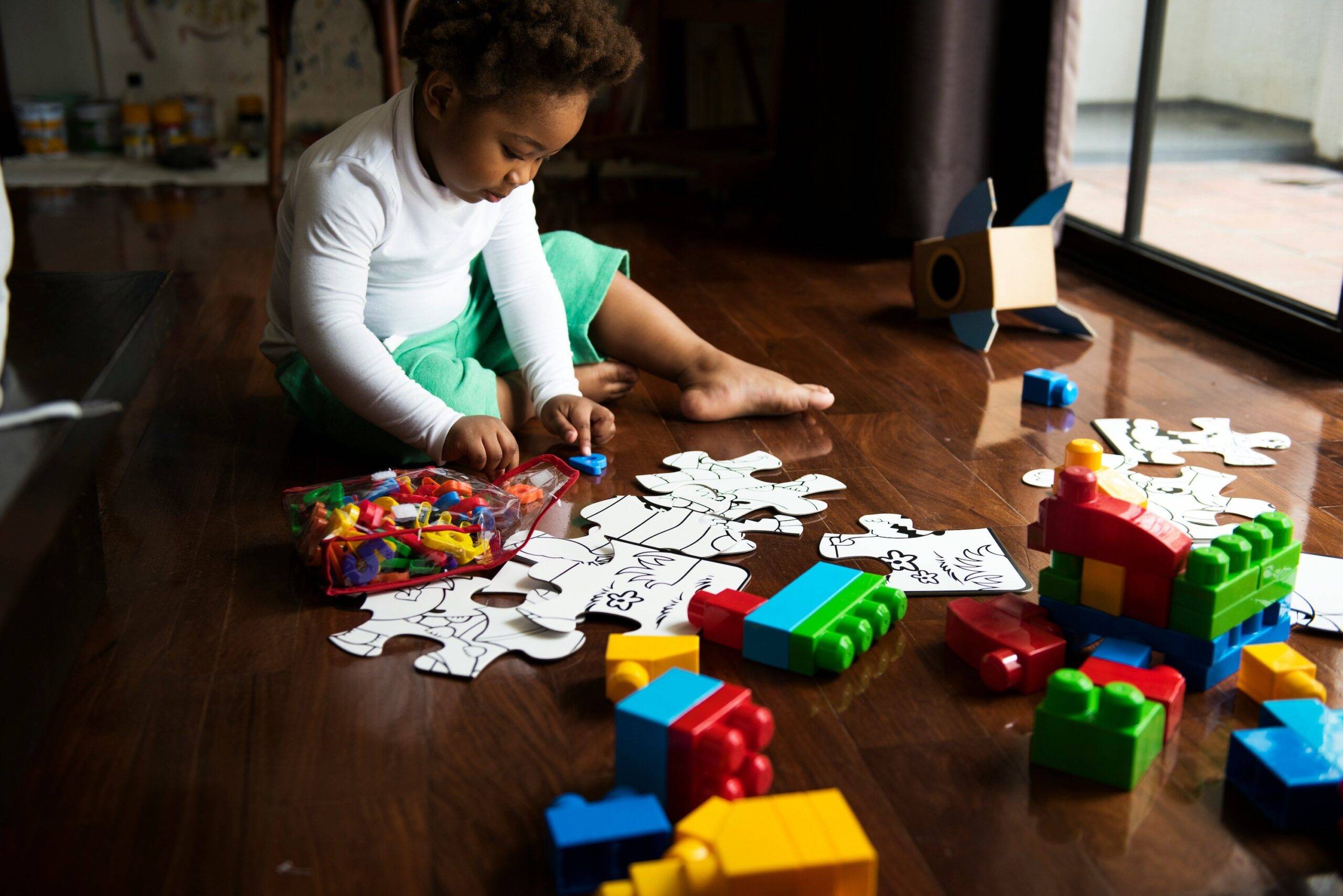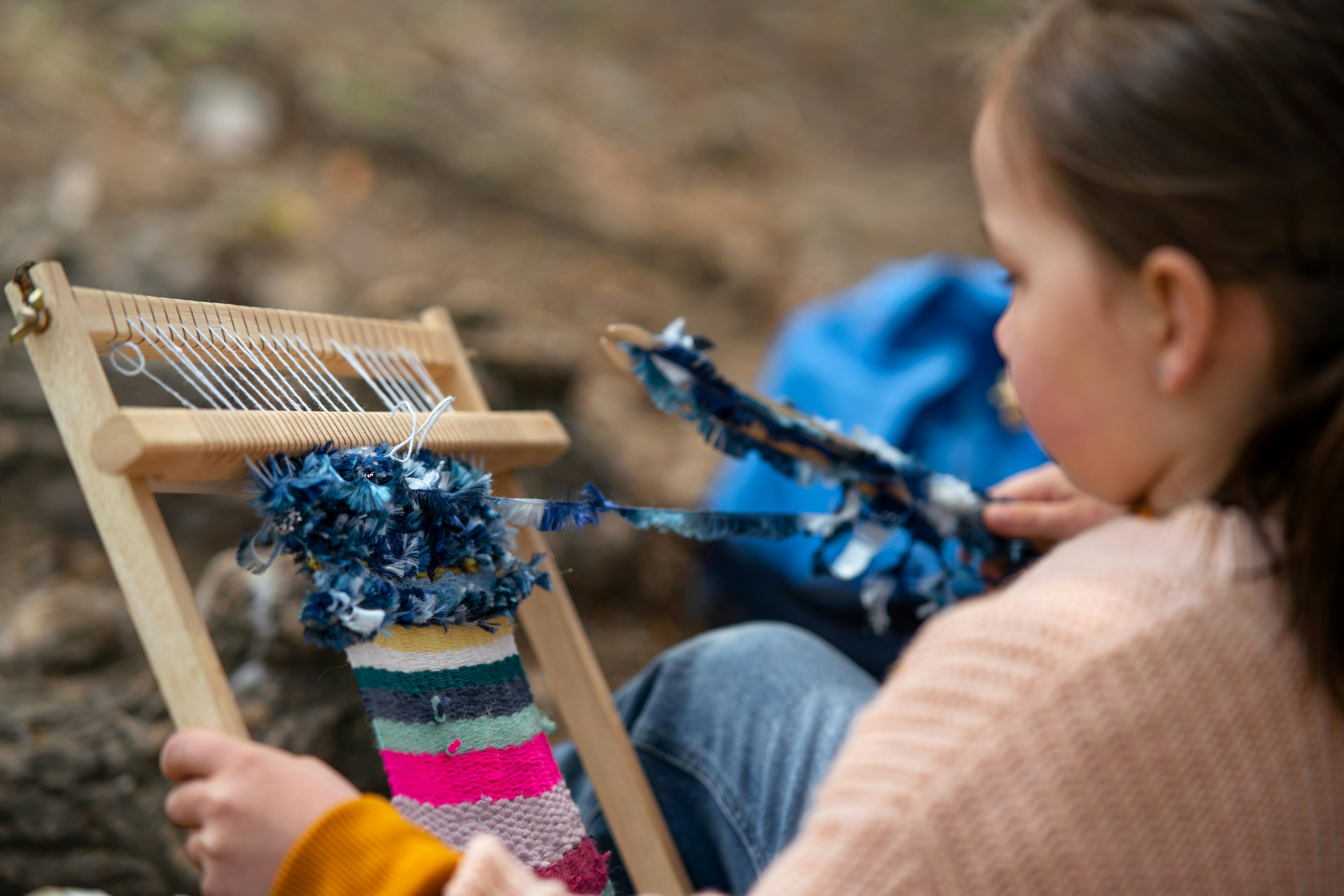Some of the links below may be affiliate links. This means that, at zero cost to you, I will earn an affiliate commission if you click through the link and finalise a purchase. All product recommendations are products that I have used and loved, or products that I would recommend based on experience.
On the go inquiry-based learning is the easiest way ever to engage children in the things that interest them.
What do I mean by on the go? Think of it as incidental learning. It’s for those moments when kids are playing in the backyard, school yard, park, beach, bush or anywhere they are likely to encounter some kind of critter.
Imagine this (actually this is based on real events).
A kid approaches you. Hand outstretched with a snail (or any other organism) perched delicately on the palm. Eyes gleaming with excitement. What do you do? This is an opportunity for incidental learning. For a child to engage in inquiry learning in something they are actually interested in, and in the process develop inquiry skills and fuel their curiosity about the world around them.
This is what education should be.
Embrace on the go incidental inquiry learning
Educators are so concerned about the overcrowded curriculum, yet something as simple as this, meets several curriculum outcomes. All it needs is for educators to be enthusiastic, curious, flexible and brave enough to let go of what they planned, and instead go where the kids take them.
Just by investigating snails you can meet the Australian curriculum (very similar in other countries too) requirements in English, Mathematics, Science, Art as well as meeting the Skills component of the curriculum.
For many classroom and home educators, inquiry may be a new concept. However, inquiry is what kids do naturally and what schools are now realising they need to embrace. The days of chalk and talk are over. Modern kids can learn anything online and with AI this is becoming even easier.
Inquiry-based learning
The job of the educator has to change. We need to embrace becoming facilitators and help kids develop the necessary skills to find out, question, investigate and explore. A simple inquiry into snails, or ladybirds or geckos will put kids on the right track to becoming explorers, scientists, problem solvers and critical thinkers.
It is also worth stating that we don’t DO inquiry. Inquiry is not a separate subject. It’s a skill that we incorporate into all subject areas and like all skills, inquiry has to be taught in a step-by-step fashion, so that children can learn how to do it deeply and meaningfully. Inquiry is a pedagogy, a way of teaching. Check out the blog post where I explain how to incorporate inquiry.
Furthermore, inquiry does not replace our explicit instruction in phonics, reading, writing and Mathematics. Inquiry is the vehicle through which we teach curiosity, and the skills like exploring, observing, predicting, cooperation, discussion and sharing ideas. All of which are linked to Science and Humanities and Social Studies.
I have created a simple guided investigation planner for Pre-K to Year 2 students, with curriculum links, for those moments when you need some structure to guide an impromptu inquiry into the critters that children find during their play and exploration in the environment.
The download includes:
- A step-by-step guide how to facilitate a simple guided inquiry
- A question prompt sheet with questions that promote curiosity and wonder
- A guide with links to the K-2 Australian Curriculum
- Differentiated graphic organisers including a KWL chart
Inquiry-based learning is also the perfect strategy for engaging those kids that zone out and show little interest in learning, because it gives them an opportunity to learn about something that actually interests them and, in the process, they are acquiring transferable skills. And, if you’re looking for a way to differentiate learning and provide opportunities for gifted and talented students to extend their learning, then inquiry is also the perfect strategy.
Inquiry learning is differentiated and personalised learning at its best.
Of course you can take this learning so much further and perhaps follow the lead and questions that come from students. With a little imagination the possibilities for learning are endless.
A snail inquiry could lead to:
- Investigating spiral shapes. Depending on the age and ability of the child this can be as simple or as complicated as you wish. From drawing spiral shapes, to spiral art and sculpture to finding spiral patterns in nature.
- Snails around the world. What species live in other countries?
- What about eating snails? Escargot! Learning a new French word would be interesting! This could take you into an investigation of English words with French origins.
- Examine “The Snail” a famous collage by Henri Matisse, which could lead to teaching kids about collage and they could create their own snail collages.
- Create a snail habitat and then use it to investigate their habits and needs. Not only would this be a great inquiry project, but it has the added benefit of teaching kids how to look after and respect nature and it’s creatures.
This list could go on and on. And if you would love to share some of your incidental learning experiences why not do so on Instagram or Facebook.
Would you appreciate learning how to get started with integrating inquiry into your existing lessons?
Then make sure you download that resource above so that you can access the free exclusive community, AND get all the news on upcoming training.
If you found any of this content useful or interesting then click one of the share buttons below to share it with others so they may benefit too.
